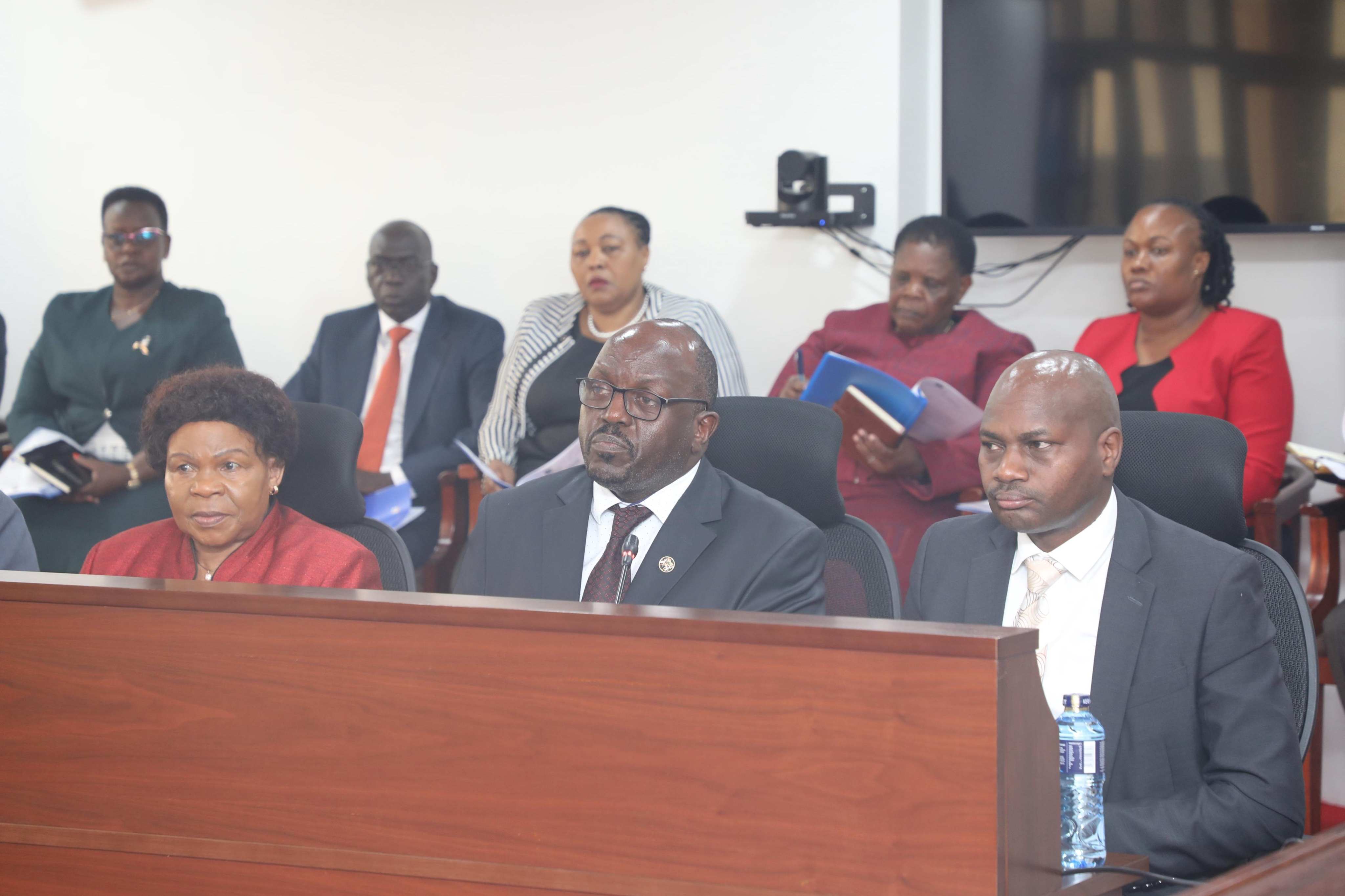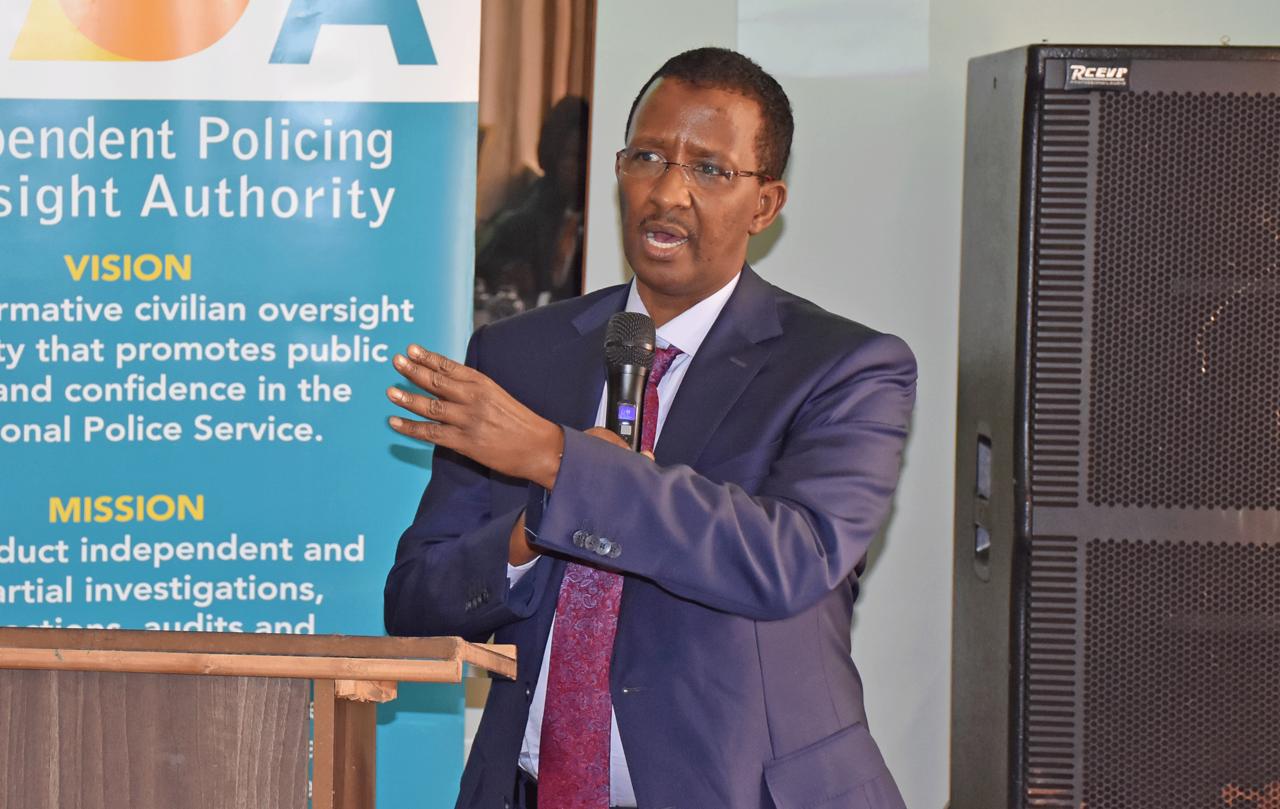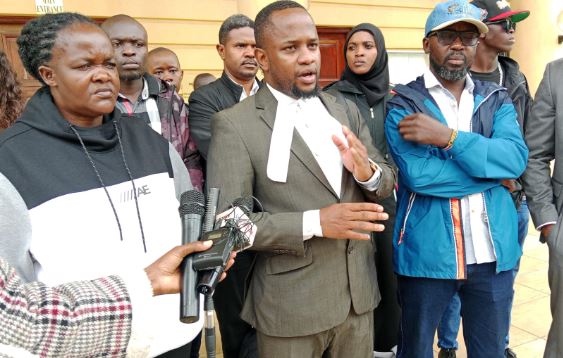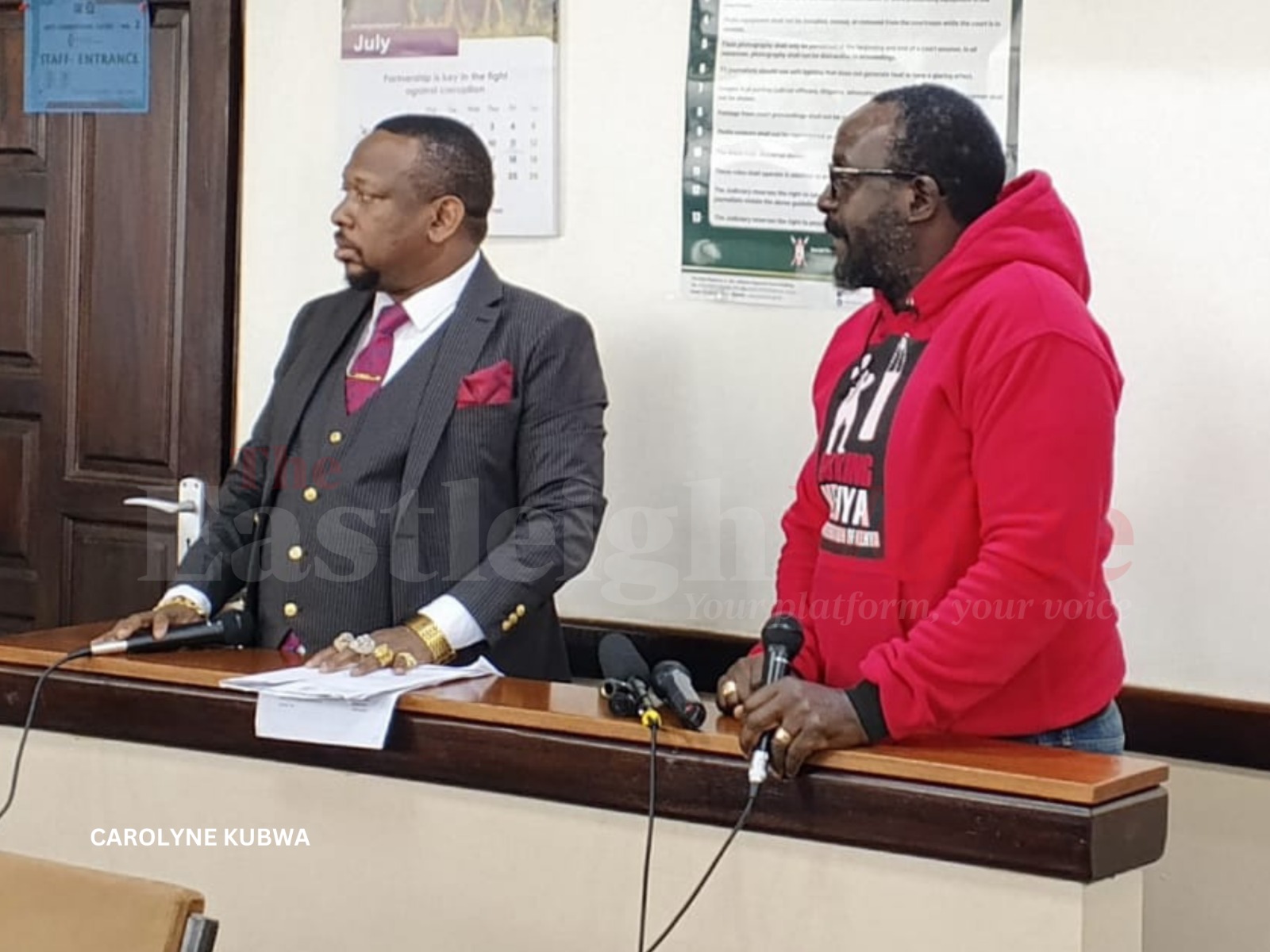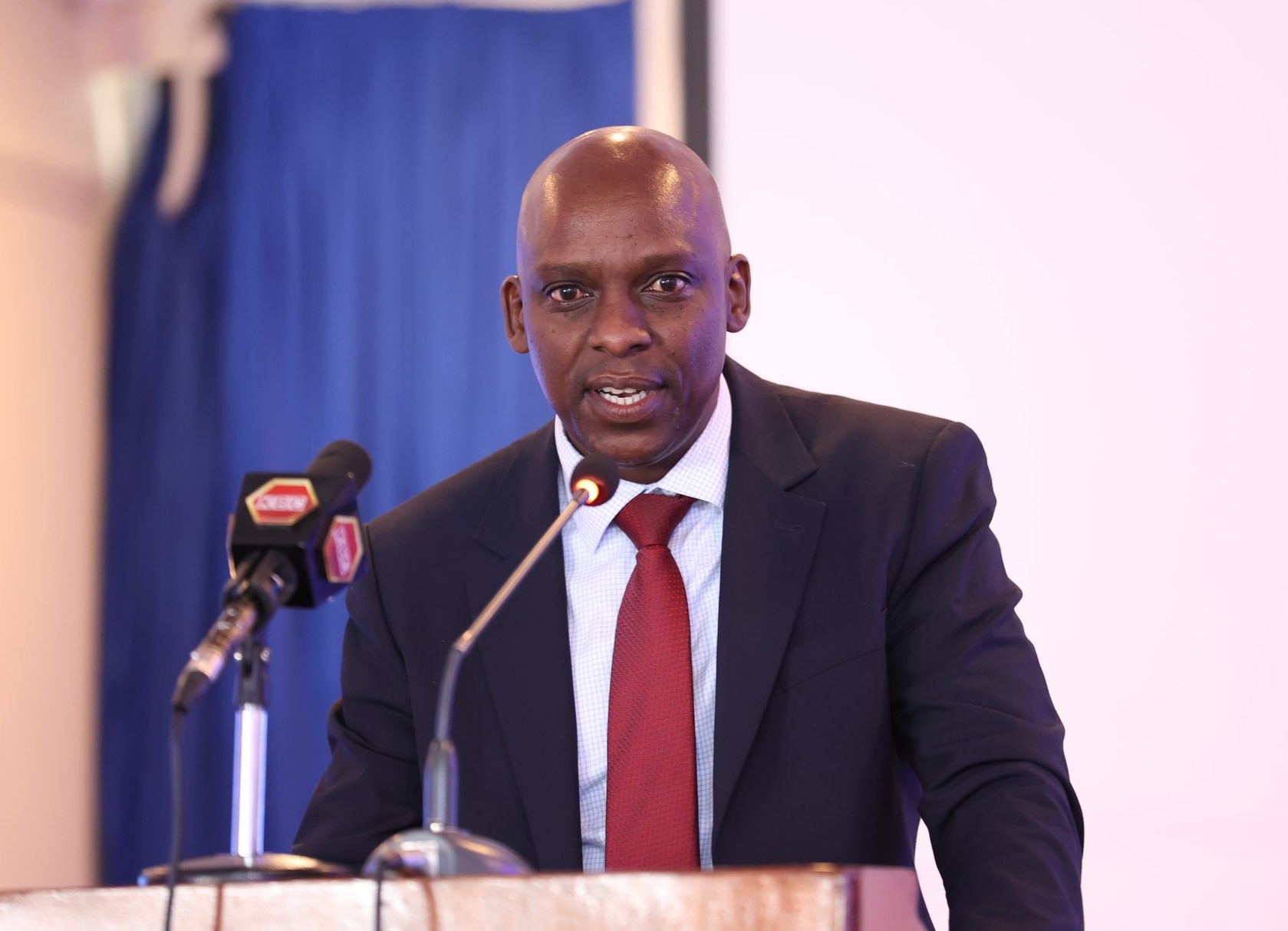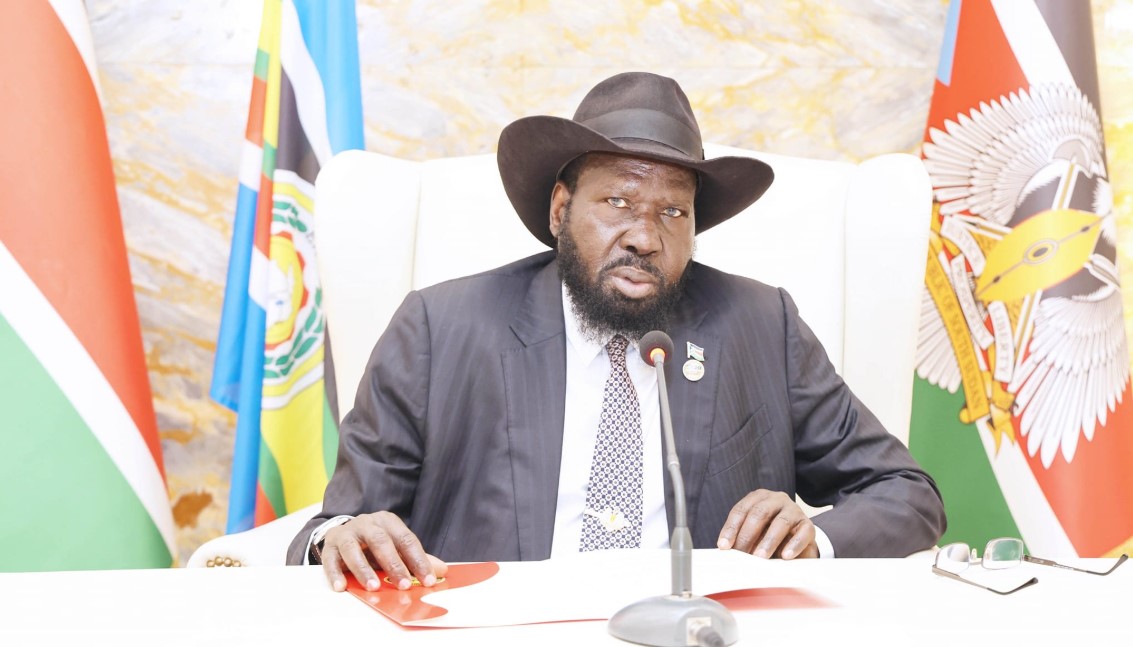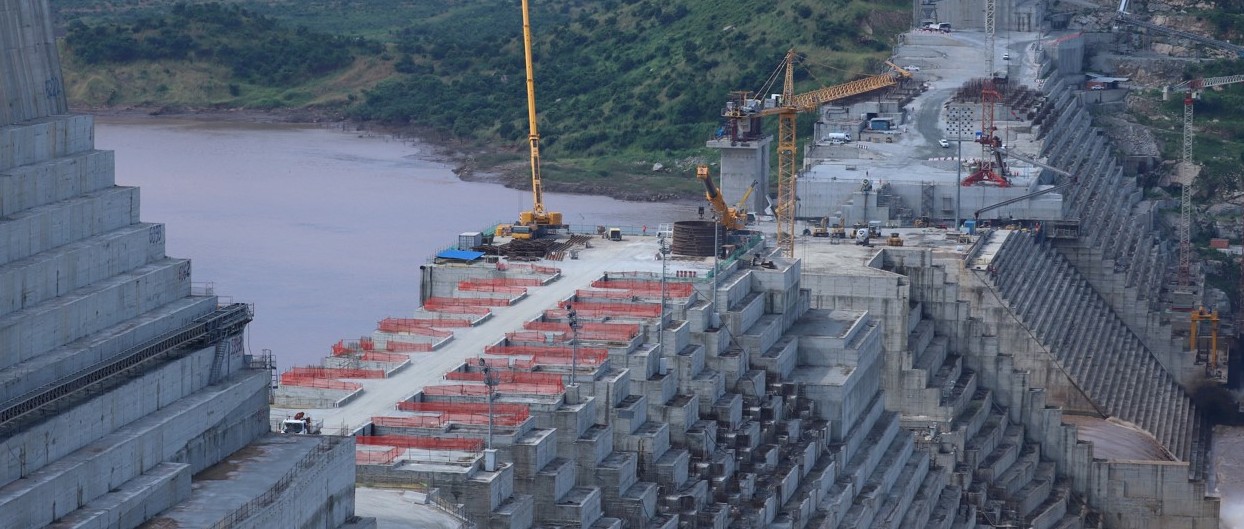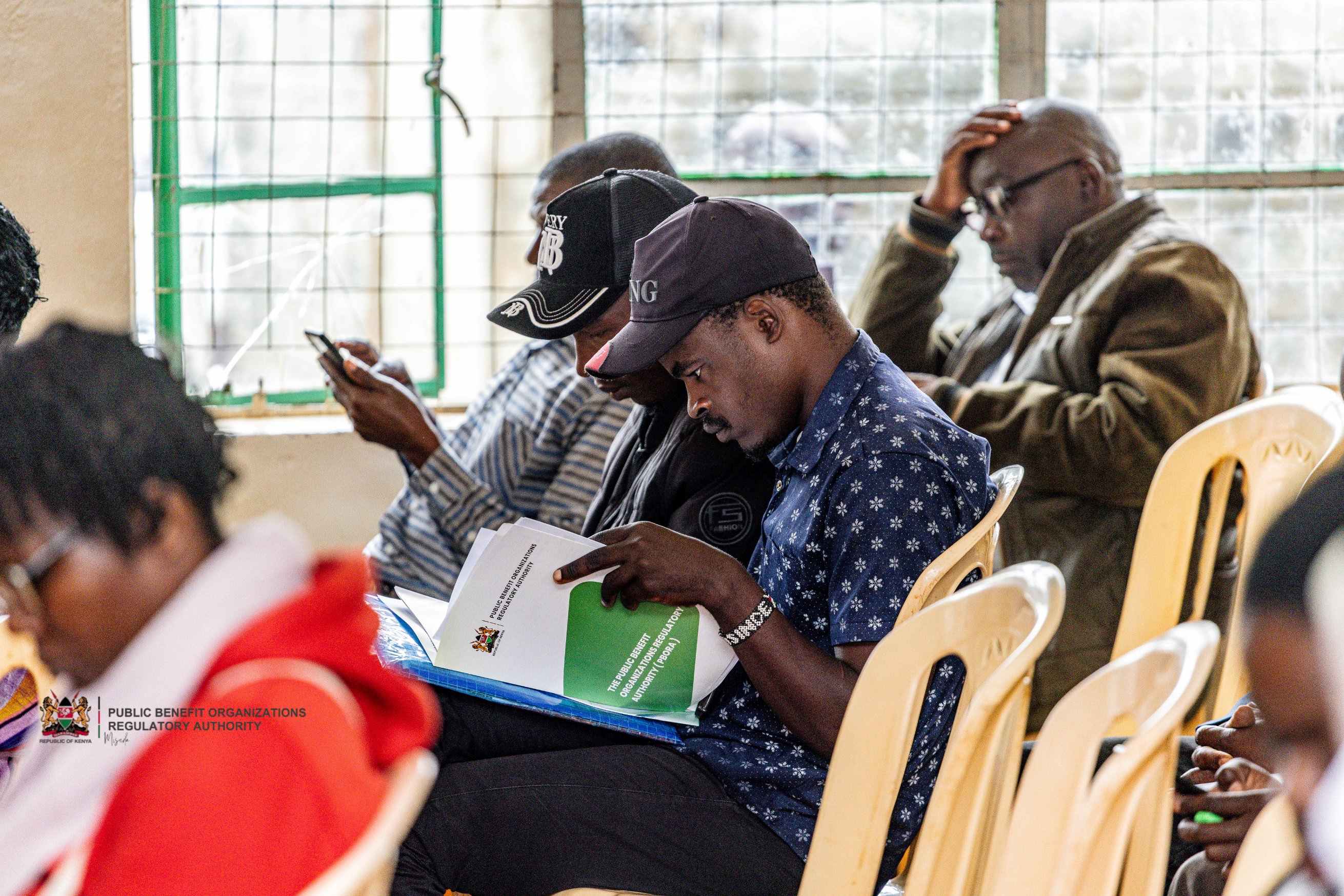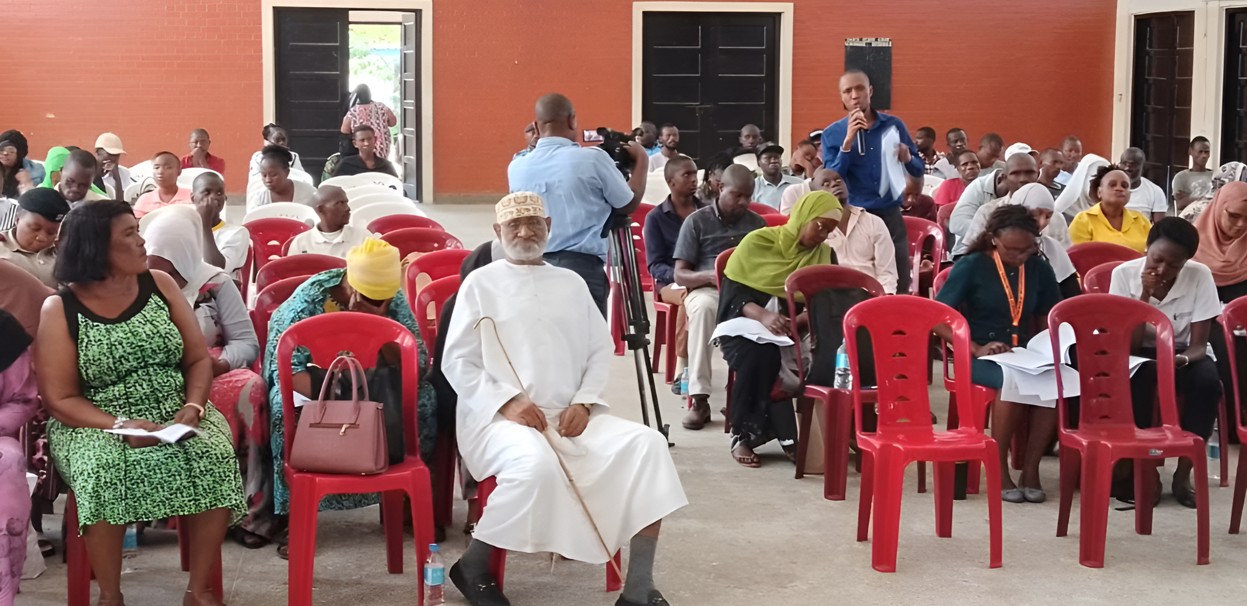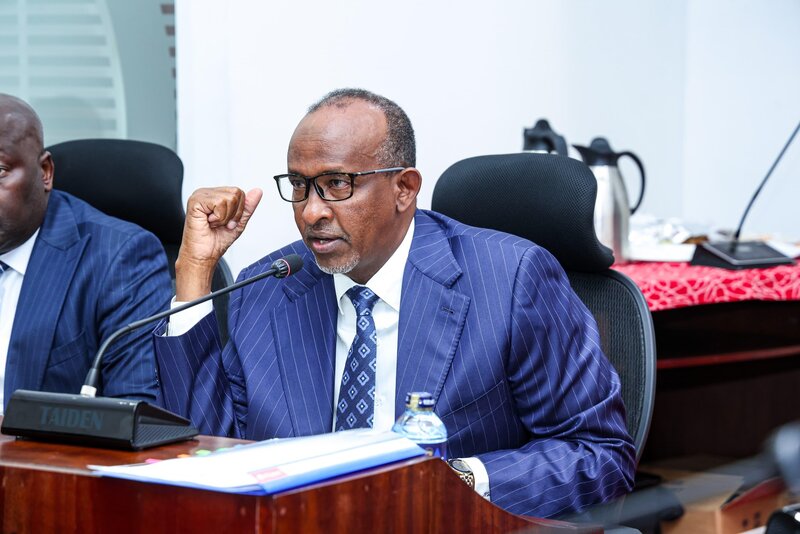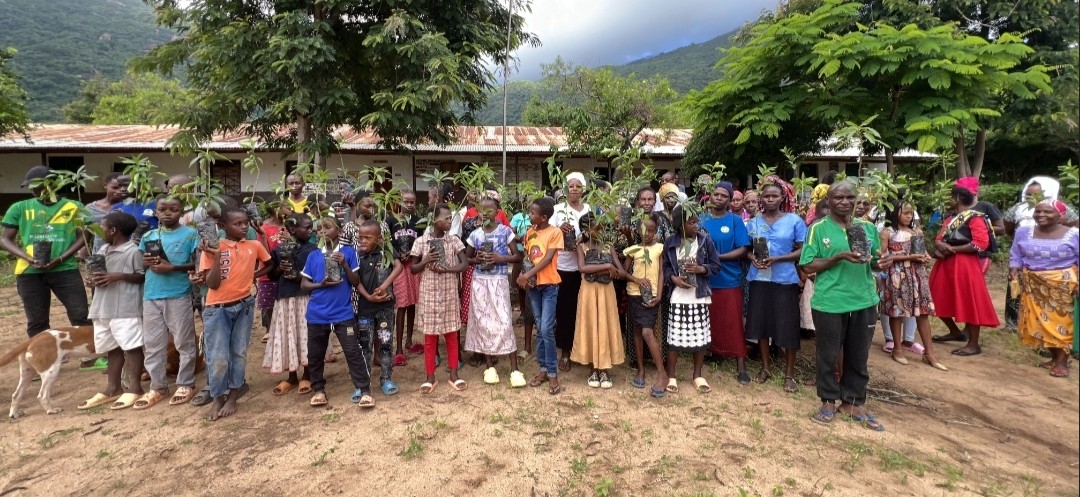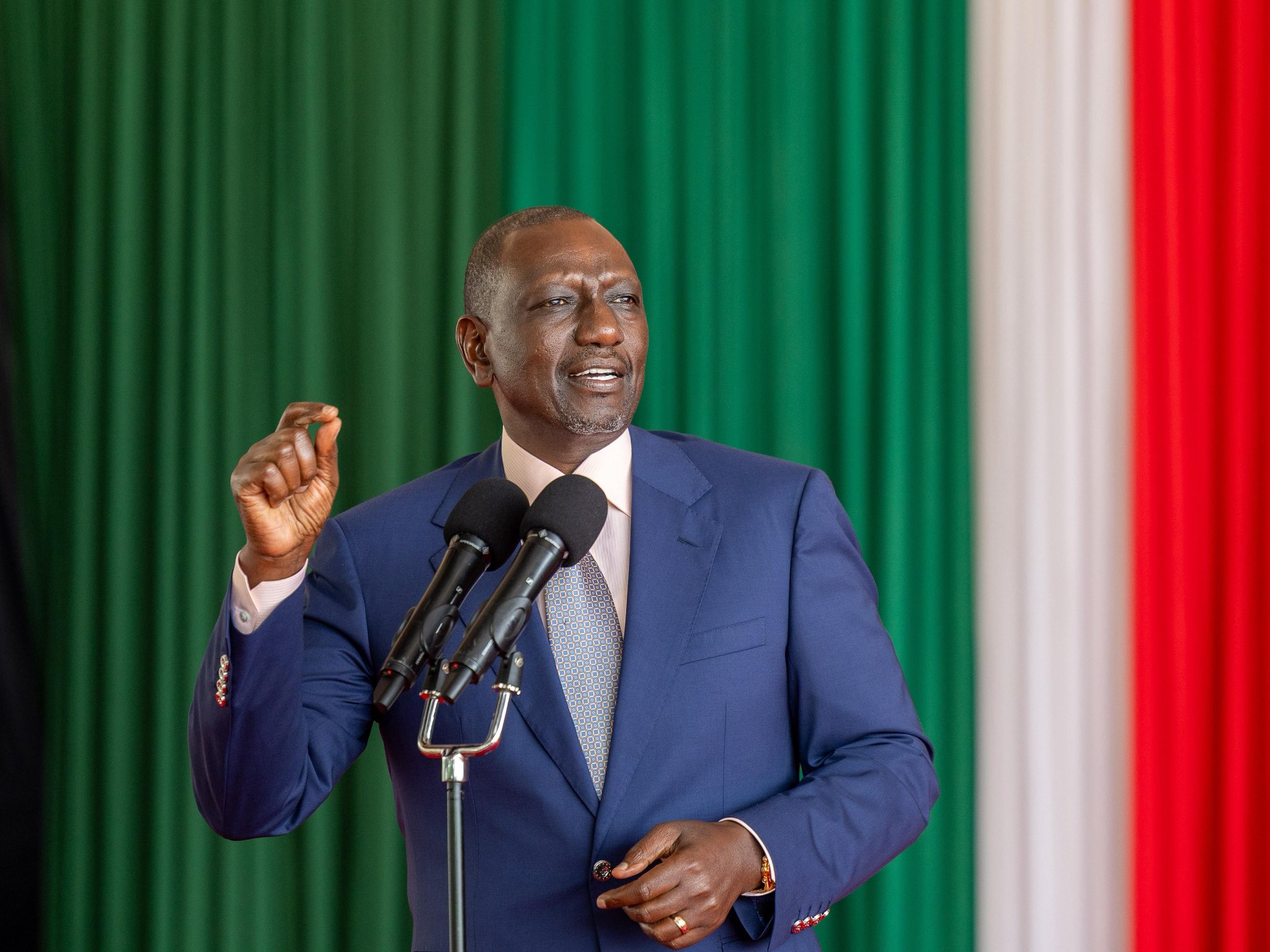Violence in Mozambique’s Cabo Delgado cripples access to healthcare, MSF warns

MSF revealed that over 43,000 people have been newly displaced in Mozambique in 2025 following violent insurgent attacks in the districts of Macomia, Mocímboa da Praia, Muidumbe, and Meluco.
An alarming surge in violence in Mozambique's northern Cabo Delgado province is severely disrupting access to healthcare, leaving thousands without essential medical services, Médecins Sans Frontières (MSF), also known as Doctors Without Borders, has warned.
In a statement on Wednesday, MSF revealed that over 43,000 people have been newly displaced in Mozambique in 2025 following violent insurgent attacks in the districts of Macomia, Mocímboa da Praia, Muidumbe, and Meluco, with violence also spilling into neighbouring Niassa province.
More To Read
- Samora Machel’s vision for Mozambique didn’t survive: What has taken its place?
- Mozambique after 50 years of independence: What’s there to celebrate?
- Malawi struggles to feed thousands as refugees from Mozambique add to crisis
- Mozambicans flee to neighbouring Malawi amid post-election unrest
- UN Chief Antonio Guterres voices concerns over post-election violence in Mozambique
- Mozambique prison riot leaves 33 dead as civil unrest grips country
According to UN figures cited by MSF, 134,000 people were affected by conflict in May alone, marking the most significant escalation since June 2022. The insecurity has forced MSF to suspend outreach activities, particularly in Macomia and Mocímboa da Praia, leaving thousands without access to healthcare.
The situation, MSF added, is especially dire in Macomia, where a major attack in May 2024 forced the aid group and other humanitarian agencies to withdraw. Although operations resumed in April 2025, only one health facility remains operational, down from seven before the attack.
"With the increase in displacements, many people have come to seek refuge in Macomia, overwhelming the only functional health centre," said Dr Emerson Finiose, an MSF Medical doctor in Macomia.
"We're struggling to do medical referrals. We must prioritise the most severe cases, leaving a significant gap in care for the rest of the community."
In Cabo Delgado, MSF says health facilities have been destroyed or are non-functional, either due to damage from conflict or the absence of medical staff. Others remain inaccessible to civilians because of ongoing fighting.
Between January and May 2025, MSF says it conducted an average of 18,000 consultations per month, but those numbers have dropped sharply. In Mocímboa da Praia, consultations fell from 12,236 in April to 1,951 in May amid rising insecurity.
MSF teams in the region provide essential services including treatment for HIV, tuberculosis, maternal care and mental health support. Efforts have, however, been hampered by funding cuts, highlighting what MSF describes as the collapse of global capacity to respond to humanitarian needs.
According to MSF, patients requiring treatment for chronic diseases are especially vulnerable to the funding disruptions.
"We need safe access to communities in need, and support from other actors so we can help them cope with the consequences of this crisis," Dr Finiose said.
Top Stories Today
